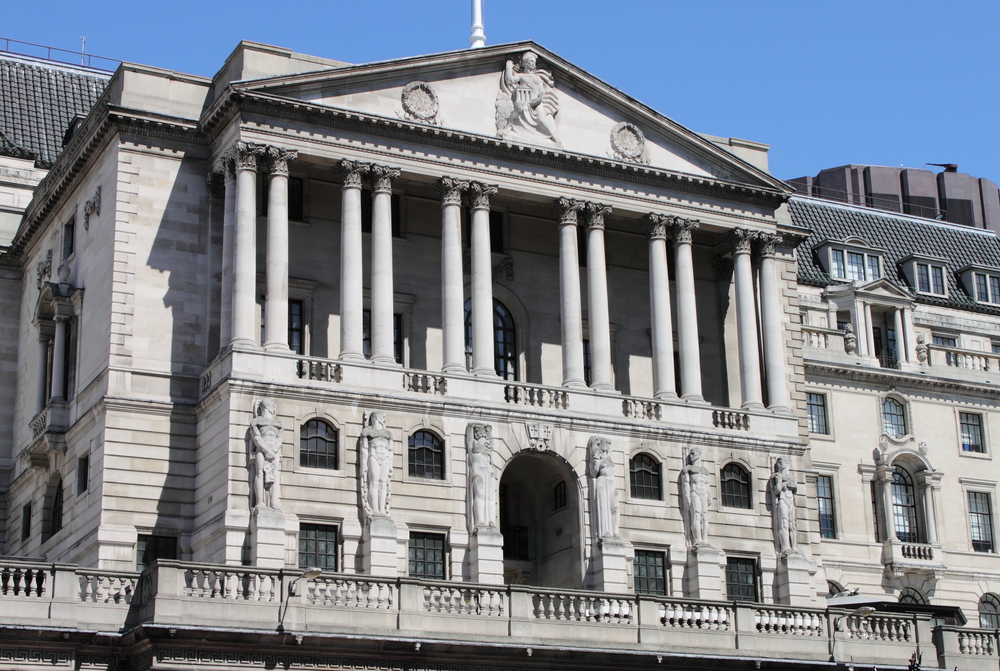News
Treasury and Bank of England consider ‘digital pound’ plans

A ‘digital pound’ is being considered by the Treasury and Bank of England, which would likely be launched within the next decade.
A consultation paper has been published by both bodies, with further research and development work to be undertaken.
The digital pound would be issued by the central bank, and could be used to make everyday payments in-store and online. It would complement cash, meaning it would be interchangeable with physical currency and bank deposits.
The bodies said that the digital pound was under consideration because they wanted the public to have access to safe money which is convenient to use as everyday lives become more digital.
It was emphasised that any digital currency would be subject to “rigorous” privacy and data protection, meaning neither the government nor the Bank of England would have access to personal data.
The digital pound would be accessed through digital wallets, and would not be intended for savings, with no interest paid on holdings.

Why Life Insurance Still Matters – Even During a Cost-of-Living Crisis
Sponsored by Post Office
The bodies noted that similar proposals for a digital currency were being considered elsewhere, such as in the US, China and the Eurozone.
Jeremy Hunt, Chancellor of the Exchequer, emphasised that while cash is here to stay, a digital pound issued and backed by the Bank of England would work as a “new way to pay”.
Andrew Bailey, governor of the Bank of England, added: “A digital pound would provide a new way to pay, help businesses, maintain trust in money and better protect financial stability.
“However, there are a number of implications which our technical work will need to carefully consider. This consultation and the further work the Bank will now do will be the foundation for what would be a profound decision for the country on the way we use money.”
Moving away from cash
According to Louise Hill, co-founder and COO of prepaid debit app GoHenry, the possible development of a digital pound accelerates the move to a cashless society.
She added that while such a currency is still some way away, it’s important that youngsters are equipped with the skills they need to participate in a “digital economy”.
Hill continued: “That’s why we’re calling on the UK Government to make financial education a standalone subject in all schools from primary school age. Gen-Z and Gen Alpha are already playing a big part in shaping the future economy with only 9% of 6-18 year-olds’ spending in cash.
“The key thing is to make sure they’re learning to manage their money from an early age so that when they go out into the world they’ve got the financial skills needed to navigate it successfully.”